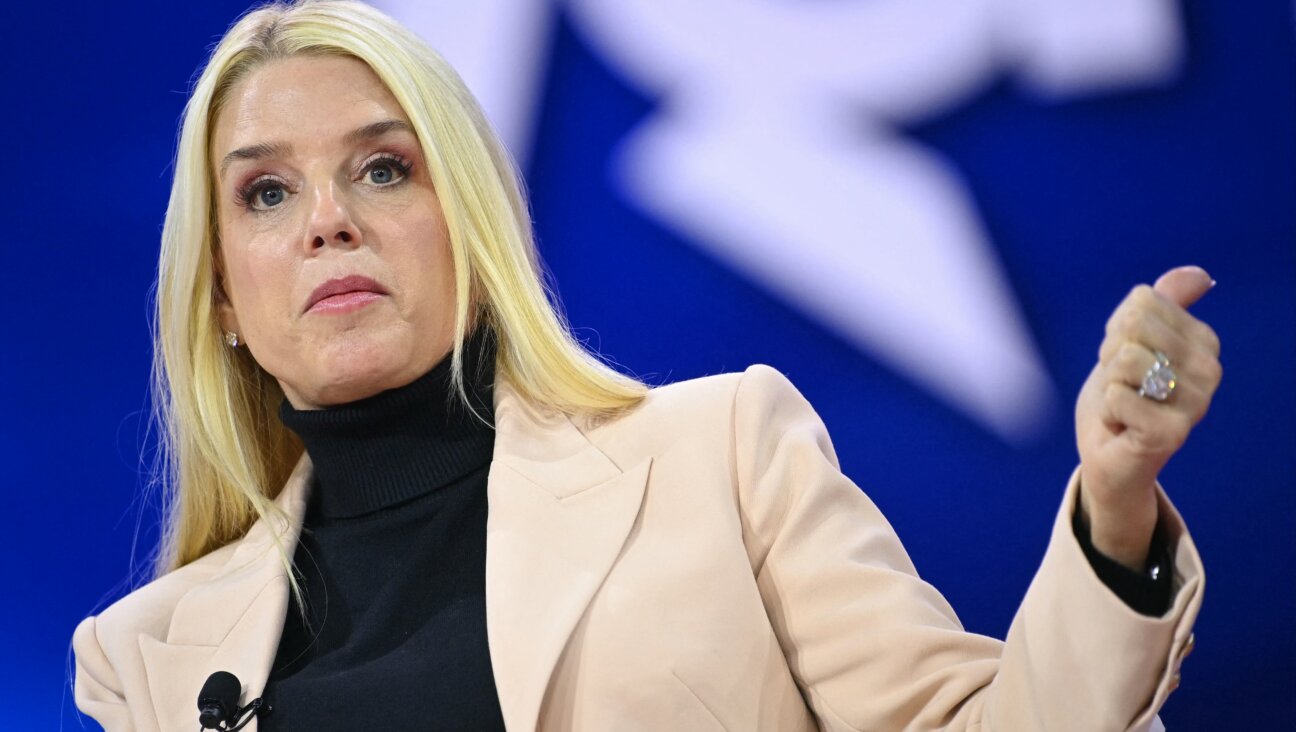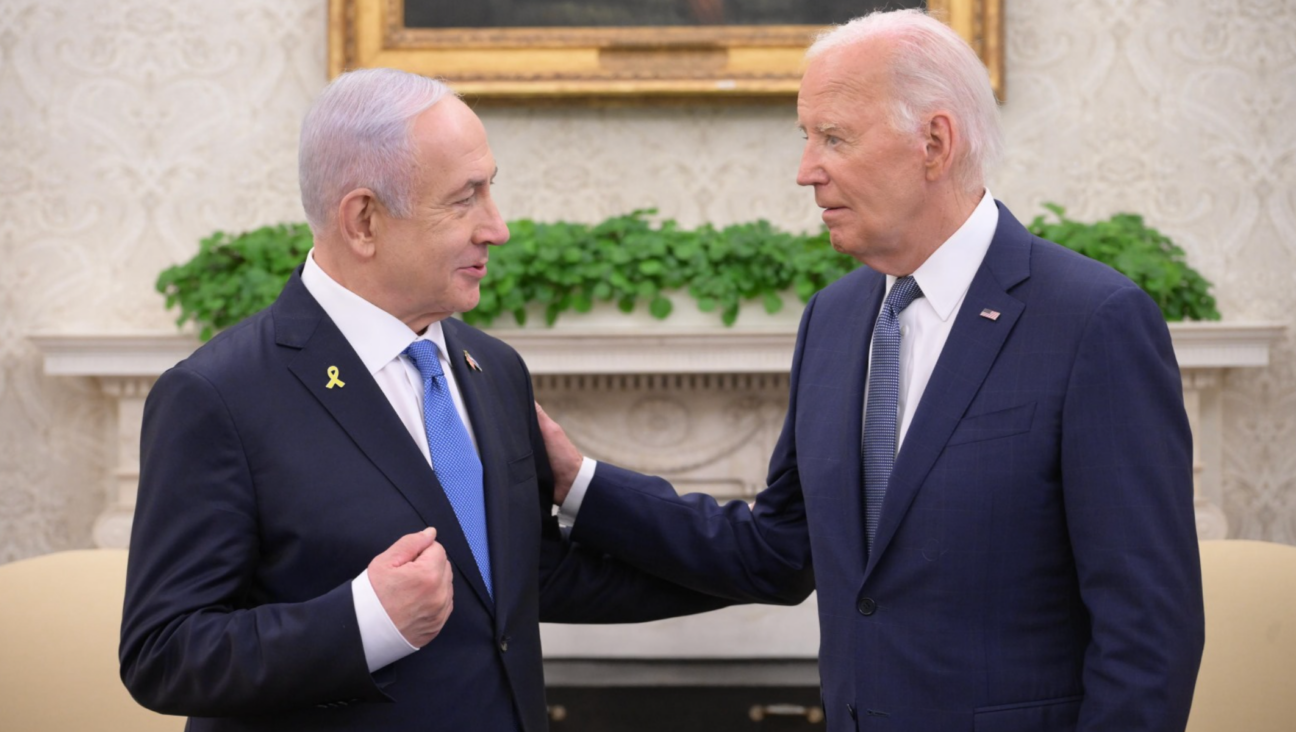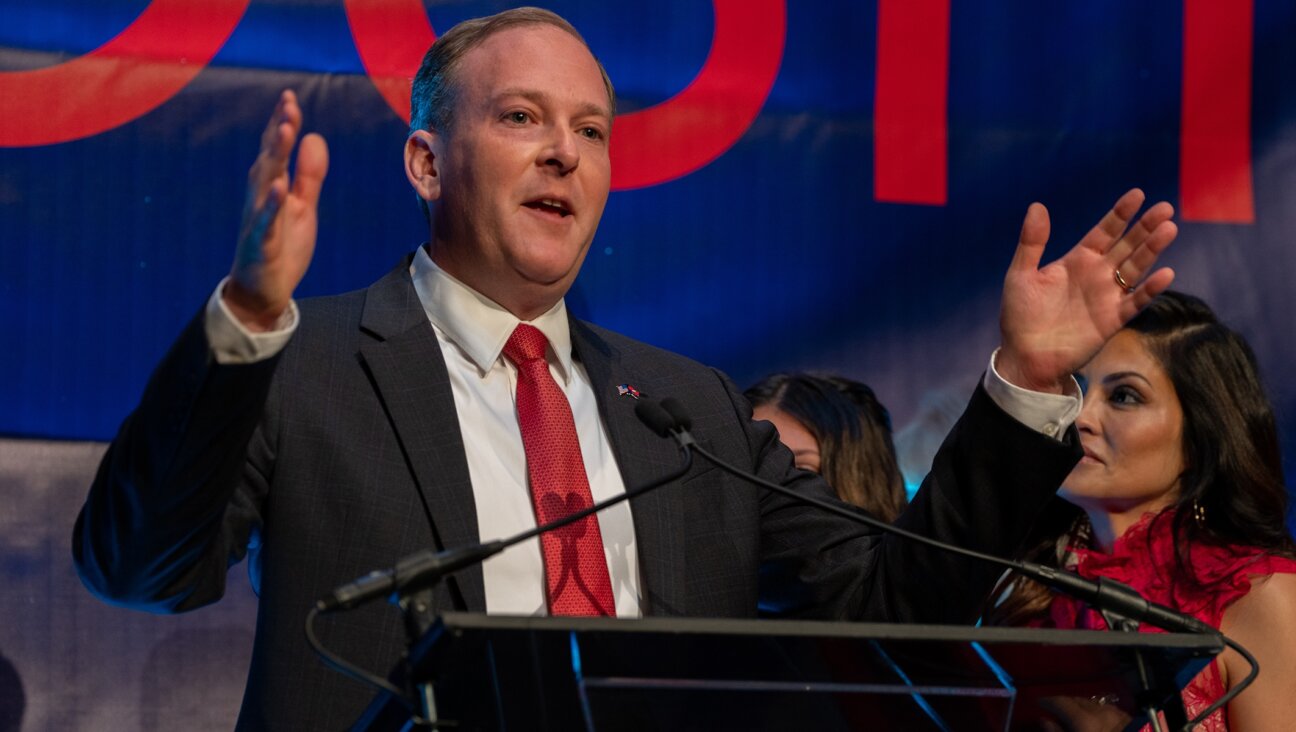Another Breakthrough

Image by Getty Images
The Supreme Court has always been a highly symbolic court, and that symbolism was on fine display when President Obama nominated Judge Sonia Sotomayor to fill the first vacant high court seat of his new administration. Americans have been treated to so many breakthrough moments since January’s historic inauguration that it’s easy to lose sight of their import. But symbolism counts in governing, and in nurturing national ambition and pride. The fact that an African American president chose a Hispanic woman for the nation’s highest court once again merged a powerful personal narrative into a sign of hope for any of us who look, act, think or pray a little differently than those in power before us.

Image by Getty Images
Sure, it was also a smart political move to select a Latina raised by a single mother who just happened to graduate at the top of her classes at Princeton and Yale, who has worked as a big-city prosecutor, a corporate lawyer, a trial judge, and as a member of one of the most respected appellate courts in the nation. Let the braying voices on the far right paint her as an unworthy “affirmative action” hire. That will be as tough a sell as Bristol Palin selling abstinence.
Beyond the symbolism is the substance of a judicial nominee, and here Sotomayor appears to be a wise, steady choice, a reflection of her patron in the White House. A full-scale review of her lengthy judicial record will be the province of the senators who will vote to confirm or deny her selection. But she is considered a thoughtful judge, not prone to grand gestures, who generally rules narrowly on cases and is difficult to tag with a glib label.
On the issues important to many in the Jewish community, Sotomayor is a comfortable but not completely-known brand. On the free exercise of religion, she is sympathetic, ruling in favor of the right of prisoners to wear multiple strands of beads under their clothes as part of their religious practice, for instance. Her record is less robust on the “establishment” clause, but in one well-known 1993 ruling she overturned a local ordinance that would have prevented a Chabad rabbi from lighting a large menorah in a public park during Hanukkah.
Her views on other pressing issues, from abortion and privacy to the uses and abuses of executive power, are difficult to discern from her writings and ought to be as thoroughly discussed in her Senate hearings as protocol allows. In a court so thinly-balanced as this one, it is essential that the next justice uphold reproductive rights for women and proscribe the appropriate powers of the presidency, no matter who holds that office.
These issues, and more, need a full airing. What we don’t need is to get bogged down in a silly sidebar on whether it is somehow nefarious for Sotomayor to allow her “personal politics, feelings or preferences” to unduly influence her judicial decisions, as several Senate Republicans said, identically, within hours of her nomination. Are we to believe that Chief Justice Roberts, who worked only in the Reagan White House and as a corporate lawyer before becoming an appellate court judge, hasn’t allowed his personal experiences and feelings to influence his decisions in favor of executive power and corporate defendants? Is any judge divorced from life as it is lived?
Benjamin Nathan Cardozo — the brilliant Sephardic Jewish justice who might have been the first “Hispanic” to sit on the high court had the term been in use during his tenure — wrote that “history, in illuminating the past, illuminates the present, and in illuminating the present, illuminates the future.” Sonia Sotomayor’s past has illuminated her life in ways that should make all Americans proud. Let it also illuminate her path to the Supreme Court.
A message from our CEO & publisher Rachel Fishman Feddersen

I hope you appreciated this article. Before you go, I’d like to ask you to please support the Forward’s award-winning, nonprofit journalism during this critical time.
We’ve set a goal to raise $260,000 by December 31. That’s an ambitious goal, but one that will give us the resources we need to invest in the high quality news, opinion, analysis and cultural coverage that isn’t available anywhere else.
If you feel inspired to make an impact, now is the time to give something back. Join us as a member at your most generous level.
— Rachel Fishman Feddersen, Publisher and CEO






















